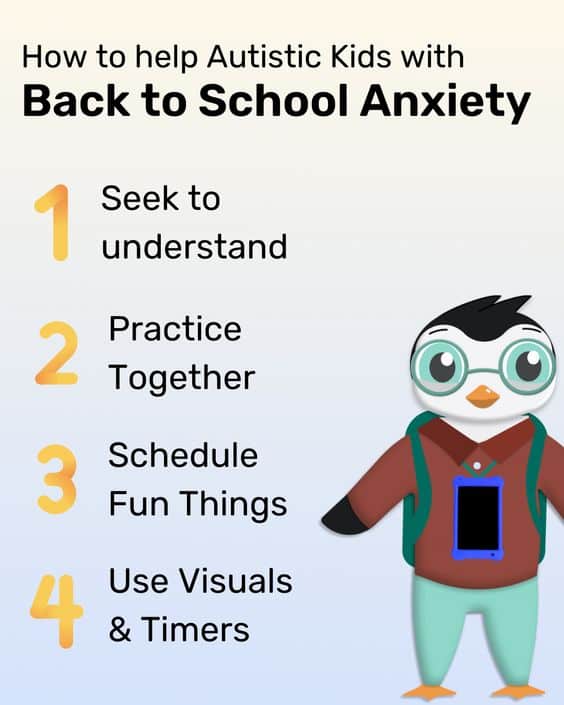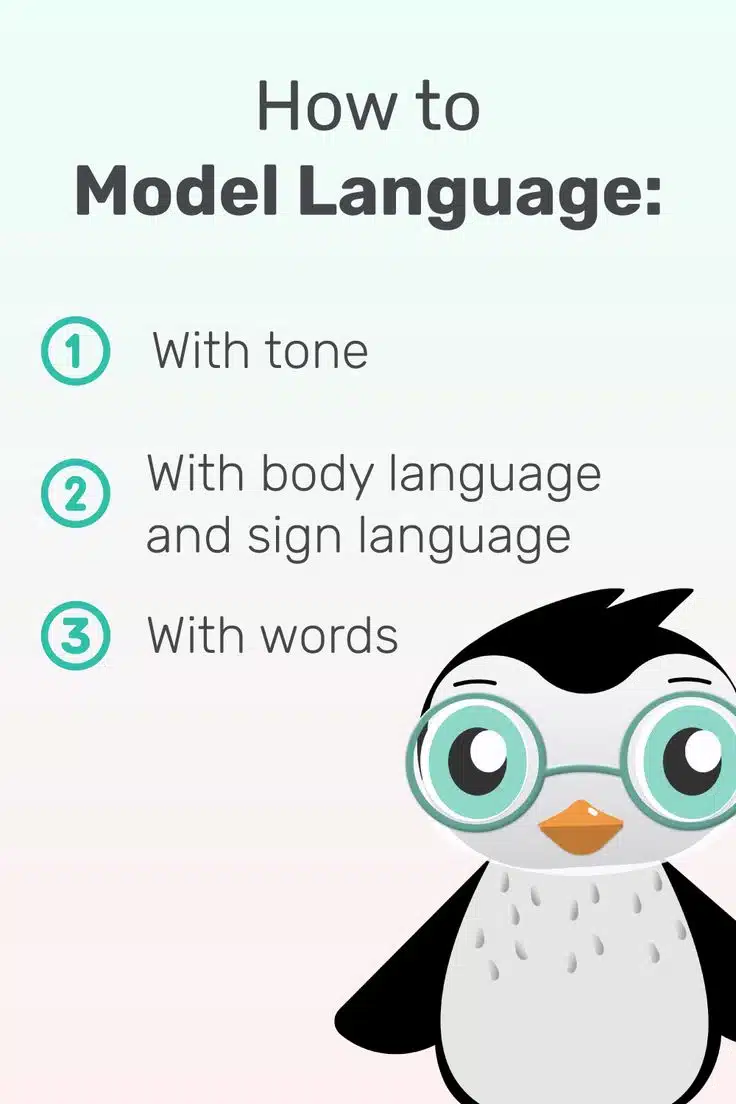Autism in Higher Education focuses on providing individuals with autism spectrum disorder (ASD) equal access to postsecondary education, addressing challenges, and offering support strategies. Here’s how it works:
Access: Higher education institutions accommodate individuals with ASD by providing:
- Extended exam time
- Note-taking support
- Quiet study spaces
Challenges: Individuals with ASD may face difficulties in higher education, including:
- Social communication
- Sensory processing
- Executive functioning Institutions address these challenges by:
- Offering social skills training
- Creating sensory-friendly environments
- Providing executive function coaching
Support strategies:
- Peer mentoring programs offer social and academic guidance.
- Campus clubs connect and support students with ASD.
- Faculty and staff receive training on ASD awareness and support.
- Counseling services address mental health concerns.
By recognizing and implementing these strategies, higher education institutions can create an inclusive environment, increasing access and success for individuals with ASD.
This post was originally published on May 2, 2023. It was updated on July 14, 2023.












